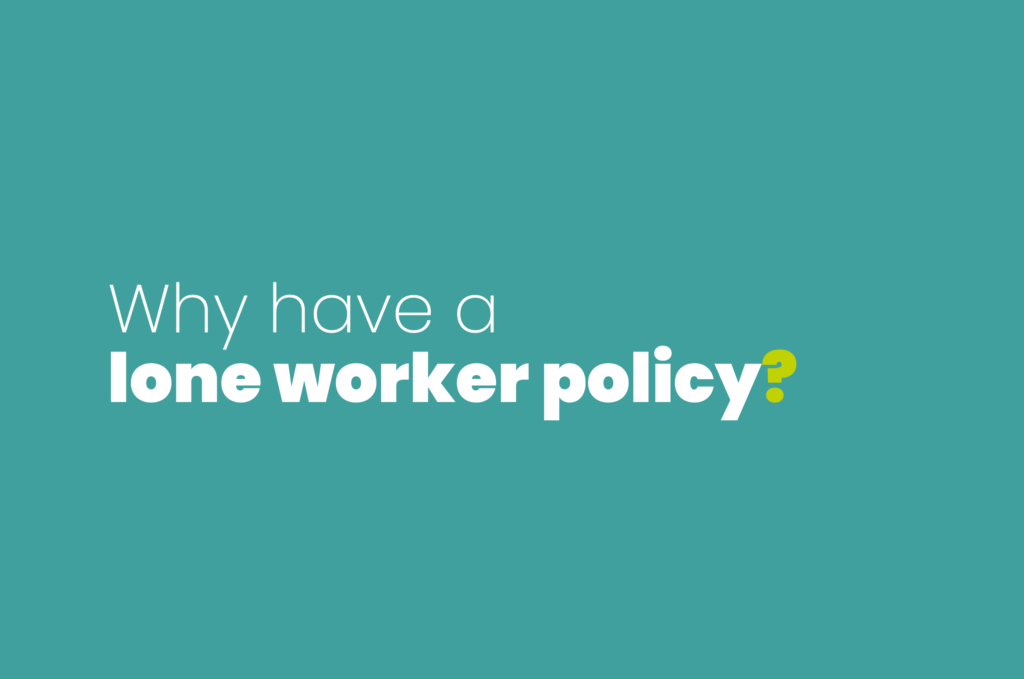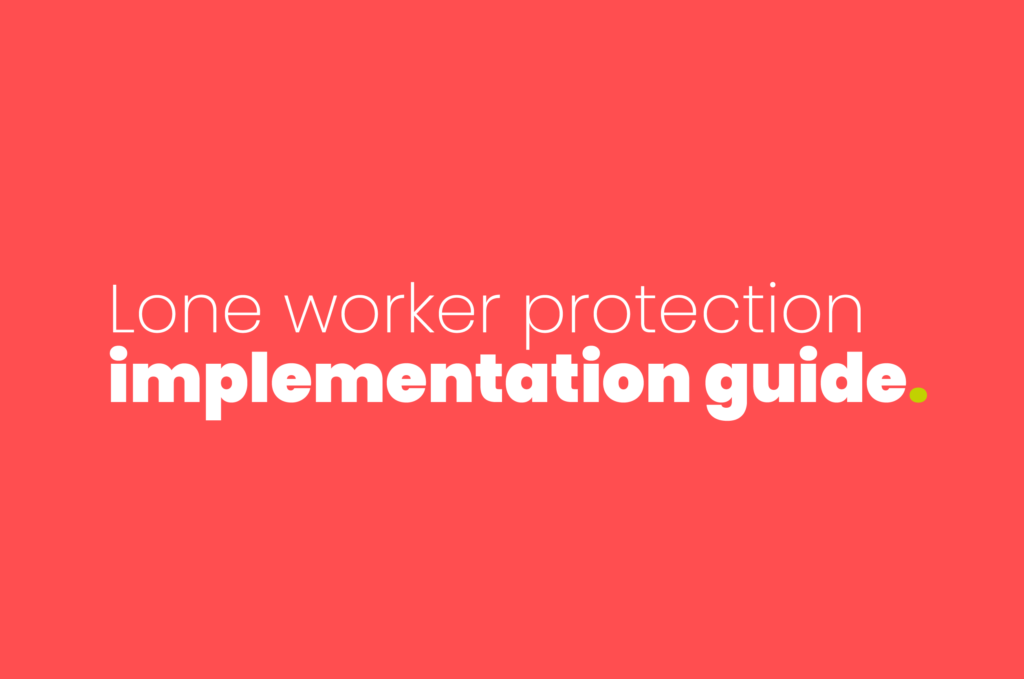What are the potential consequences of having no effective lone working policy in place?
Currently, there is no specific legislation relating to lone working – but, due to increasing national press coverage about the issue, employers are becoming more and more aware that it is their responsibility to provide a duty of care for their staff or face the potential consequences of either:
- A hefty fine
- Damaged reputation
- Tragedy - should the worst happen with no effective lone working policy in place
Your duty of care.
Employers have a legal duty to carry out risk assessments of any work-related activities which present a risk to personal safety. This policy should identify who might be harmed, the dangers they face and any measures that can be taken to prevent and reduce the risk of injury.
A number of news stories have hit the headlines regarding the policy of lone working, which have highlighted the importance of organisations having procedures in place to protect staff working alone.
These include the murder of a Ladbrokes worker and rape of another, both of whom were allegedly alone at branches of the betting firm, whilst a lone security guard, employed by London based KK Security Services Ltd and sub contracted by Veritas Security (Southern) Ltd, died from carbon monoxide poisoning on a construction site in Wigan after failing to get appropriate assistance when a generator failed.
In a separate case, a gamekeeper died after sustaining serious injuries when his quad bike overturned on a slope – with his absence not detected until 52 hours after the crash as he had no means of raising the alarm.
The issue of lone working also threatened to halt the Eurostar when workers joined forces to object against disciplinary action threatened to a female member of staff who had allegedly refused to work alone.
Why you need a lone working policy?
Every company and organisation in the UK has their own guidelines – but cases such as these really bring home the importance of talking about lone working and identifying if enough really is being done by companies and organisations – however large or small – to keep every member of staff safe.
Every organisation needs a policy to inform lone workers about the arrangements that are in place to protect employees, which clarifies roles, responsibilities and procedures. As well as covering preventative measures, the policy should also state the actions that will be taken in the case of incidents. The policy should be communicated to all lone working staff and anyone else who has a part to play.
Whilst there is no actual law in place specifically addressing lone working in the UK, cases like those mentioned have highlighted the fact that failings in lone working policies can have tragic consequences. Going to work should never be about life or death.
Having an effective lone working policy in place to ensure workers feel safe in their jobs – and that employers are fulfilling their Duty of Care by having procedures in place to protect their lone workers should the worst happen – is vital.
What is a lone working policy?
Lone Workers are under increased threats from certain risks associated with their particular job. A Lone Worker Policy helps the business to:
- Assess any health and safety risks to an employee which can be relevant to a number of different situations in the workplace.
- The assessment is essentially in the form of a risk assessment and can help decide whether the employee requires a lone worker device or something similar.
- You can request a copy of a lone working policy template by entering your details in the request form on this page. The document contains many useful resources and advice including guidance on how to create your own lone working policy in order for you to keep your people safe.
Click here to get your copy of our Lone Worker Policy. For more information on lone working or lone worker protection, please browse through our other sections, if you are still not sure feel free to ask us a question.








